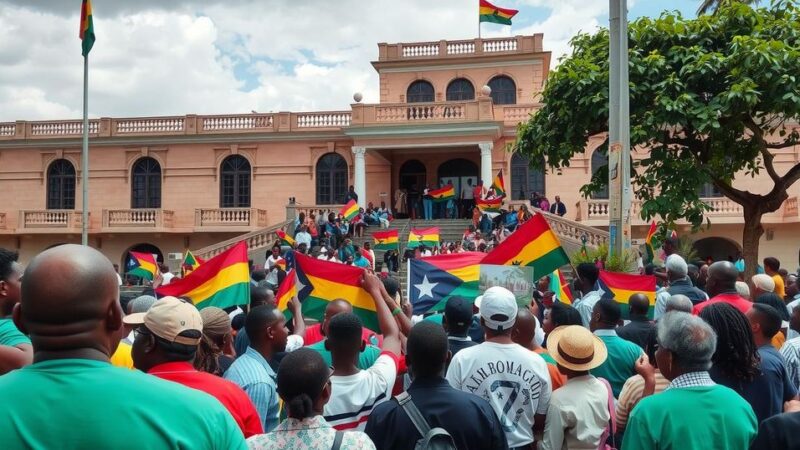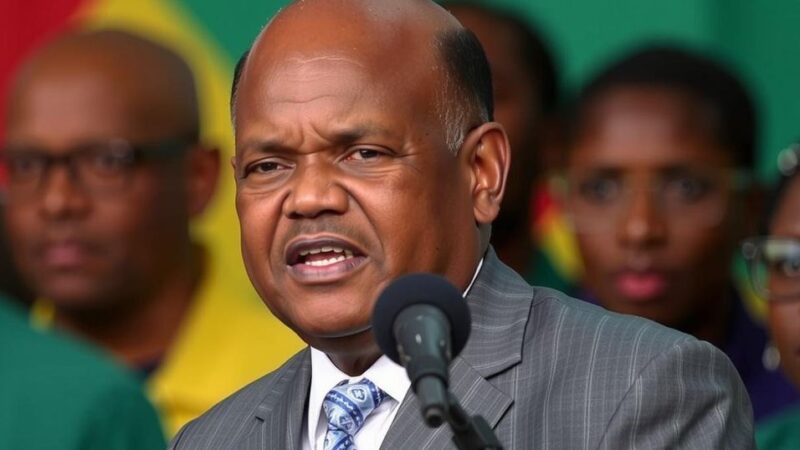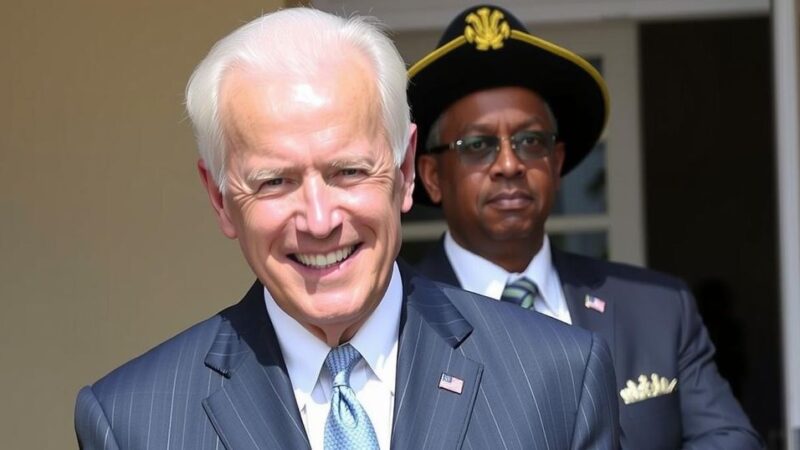Voters across the United States rejected key election reform measures, including ranked choice voting and open primaries, despite more than $100 million spent on advocacy. This outcome reflects a preference for traditional voting methods, with significant resistance to changes seen in states like Arizona, Colorado, and Nevada. Advocates are considering re-evaluating strategies to build grassroots support for future reform efforts.
Voters across the United States overwhelmingly rejected significant election reform measures during recent statewide ballot initiatives, despite an expenditure exceeding $100 million aimed at promoting these changes. Advocates had anticipated a transformative year, favoring reforms such as ranked choice voting and open primaries to enhance candidate options in elections. The results, however, indicated a lack of support for these reforms in various states, including Arizona, Colorado, and Nevada.
John Opdycke, president of Open Primaries, expressed his disappointment, stating, “It turns out, in retrospect, we weren’t yet ready for prime time.” Despite the substantial financial backing, voters’ decisions indicated a preference for traditional voting methods. Trent England, of Save Our States, noted that while there is growing frustration with politics, the majority of citizens remain comfortable with established voting practices.
In previous election cycles, states like Alaska demonstrated support for similar initiatives, hinting at a potential shift in voter sentiment. Yet, the recent elections revealed a reversal in Nevada and narrowly failed attempts in Alaska. Notably, while ranked choice voting has been implemented in specific regions like Maine and San Francisco, resistance remains prevalent in major ballot initiatives across the nation.
Critics of ranked choice voting have highlighted its complexity and a tendency for reduced minority participation in ranking candidates. Moreover, research suggests the system does not significantly alter election outcomes when compared to conventional plurality methods. As the election reform movement reassesses its strategies, there is an acknowledgment that grassroots support must precede any efforts to institute systemic changes.
The recent wave of election reform initiatives aimed to modernize voting processes across various states in the U.S., reflecting a growing national conversation about electoral systems. Key proposals included transitioning to ranked choice voting, which allows voters to rank candidates by preference, and implementing open primaries to enable broader candidate engagement in elections. Despite considerable financial resources allocated to these initiatives, the lack of approval in crucial states raises questions about voter readiness for such reforms. This outcome suggests a need for these advocacy groups to consider new strategies moving forward, focusing on cultivating local support before pursuing extensive changes.
In conclusion, the recent rejection of significant election reforms by voters, despite strong funding and advocacy efforts, indicates a substantial appetite for traditional election methods. The findings suggest that reform groups must evaluate their approach to garner grassroots support before presenting new initiatives. While some localized successes may exist, the overarching trend appears to favor maintaining the status quo in electoral procedures, revealing a need for more effective engagement with the voter base.
Original Source: abcnews.go.com






